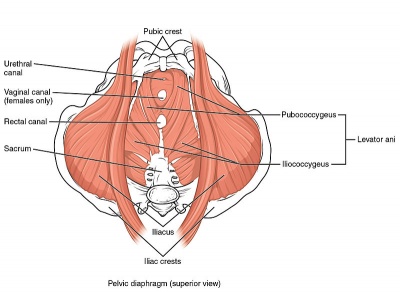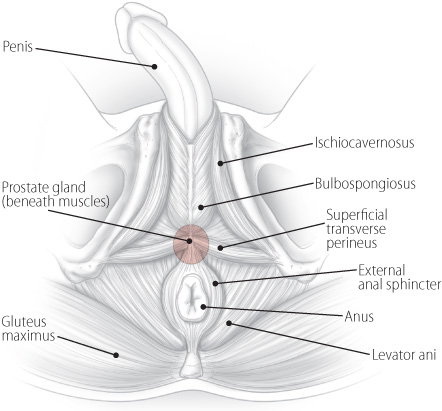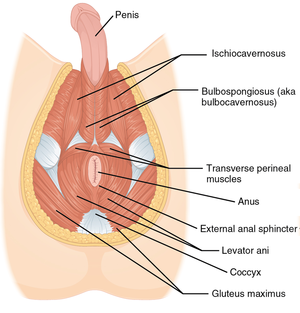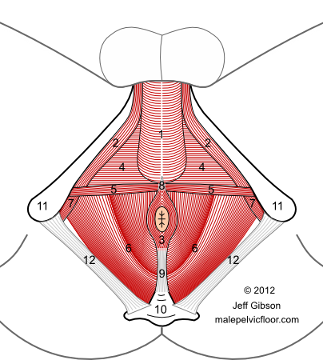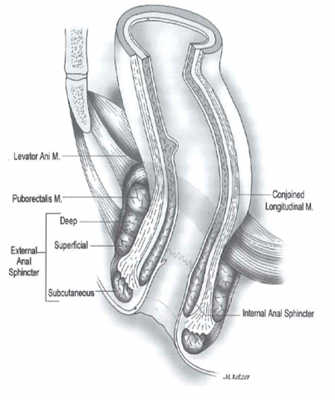Sudden Pelvic Floor Muscle Pain

Pregnancy age and some injuries such as severe tears during childbirth may weaken the pelvic floor.
Sudden pelvic floor muscle pain. Conditions affecting your bones joints and connective tissues musculoskeletal system such as fibromyalgia pelvic floor muscle tension inflammation of the pubic joint pubic symphysis or hernia can lead to recurring pelvic pain. The symptoms of pelvic floor muscle spasms generally feel like this. Muscle spasms in the pelvic floor the pelvis is made up of several muscles that support the bladder reproductive structures and bowel. Many females with pelvic floor issues experience no pain but have trouble holding in urine.
If you re a woman you may also feel pain during sex and if you re a man you may have problems having or keeping an erection erectile dysfunction or ed. Recently doctors have recognized that some pelvic pain particularly chronic pelvic pain can also arise from muscles and connective tissue ligaments in the structures of the pelvic floor. Like other muscles the pelvic floor muscles can spasm. In women ovarian cysts endometriosis or uterine fibroids as well as several other health conditions may cause.
Pelvic floor disorders can develop when the muscles and connective tissue in the area weaken. Pelvic floor dysfunction is the inability to control the muscles of your pelvic floor. Pain or pressure in the vagina or rectum frequent urges to urinate or pain when urinating obvious muscle spasms similar sensation to other areas in the body dysfunction in the bowel a heavy feeling in the pelvic area if you have muscle spasms in the pelvis you may. Pelvic pain can affect both men and women but its causes differ for each sex.
Chronic pelvic pain can result from more than one condition. Sometimes pelvic pain may be caused by tension in these muscles. Pelvic pain can arise from your digestive reproductive or urinary system. Pelvic floor muscle pain.
Your pelvic floor is the group of muscles and ligaments in your pelvic region the pelvic floor acts like a. Your pelvic floor muscles are the muscles that surround and support the organs and tissues in your pelvis.

